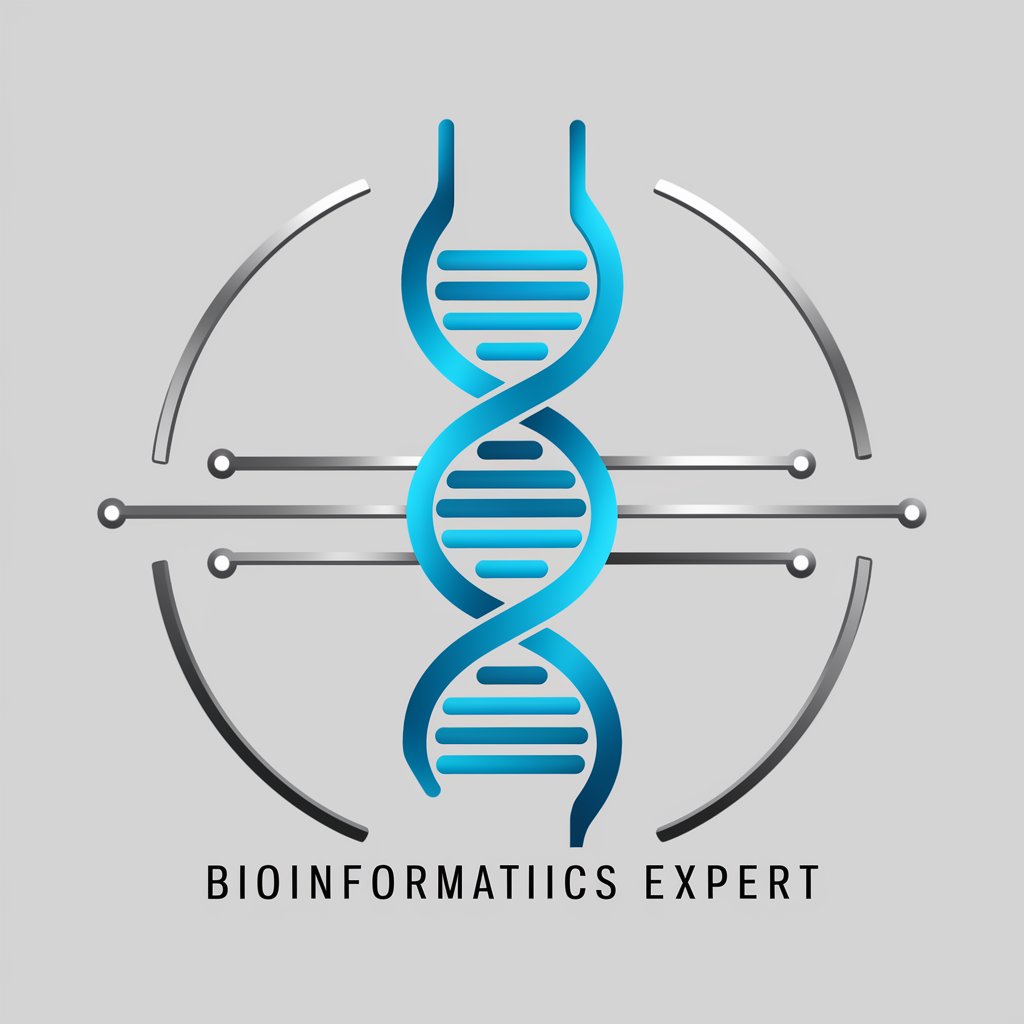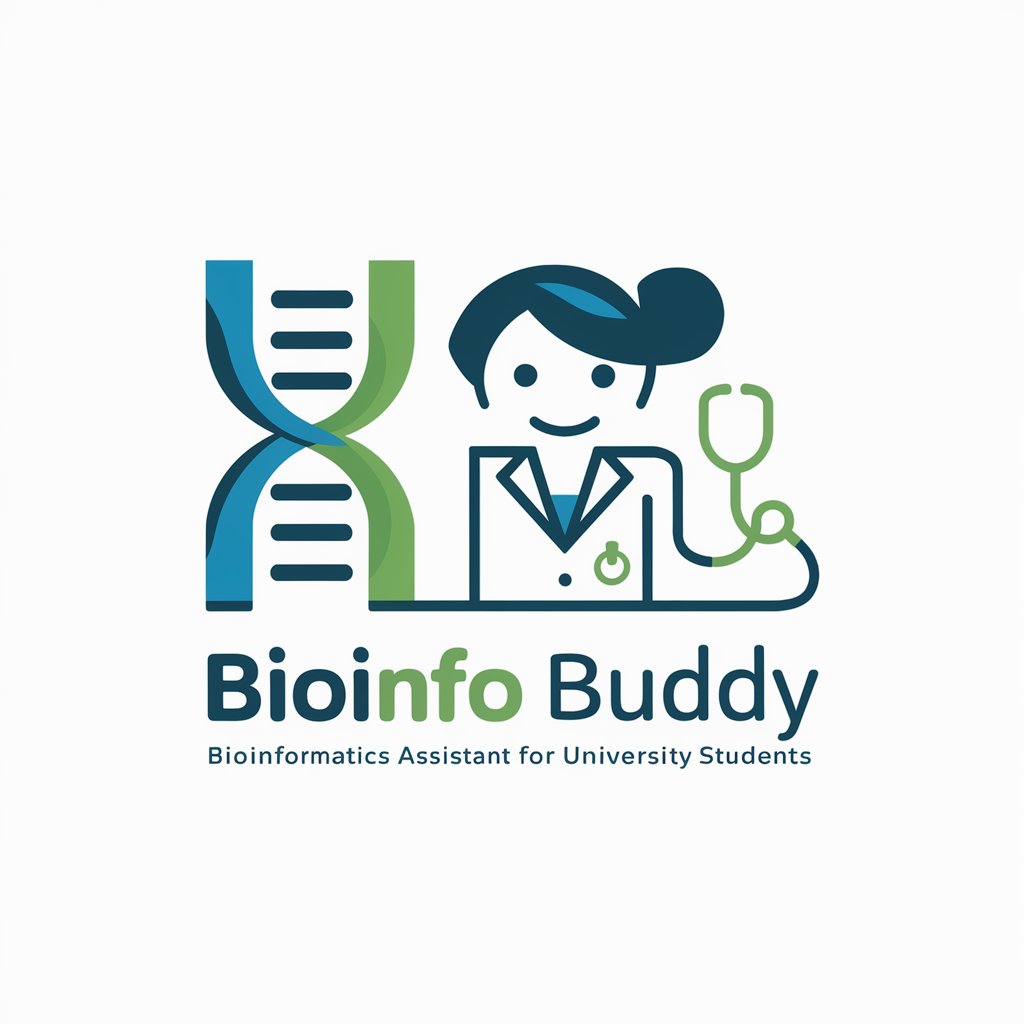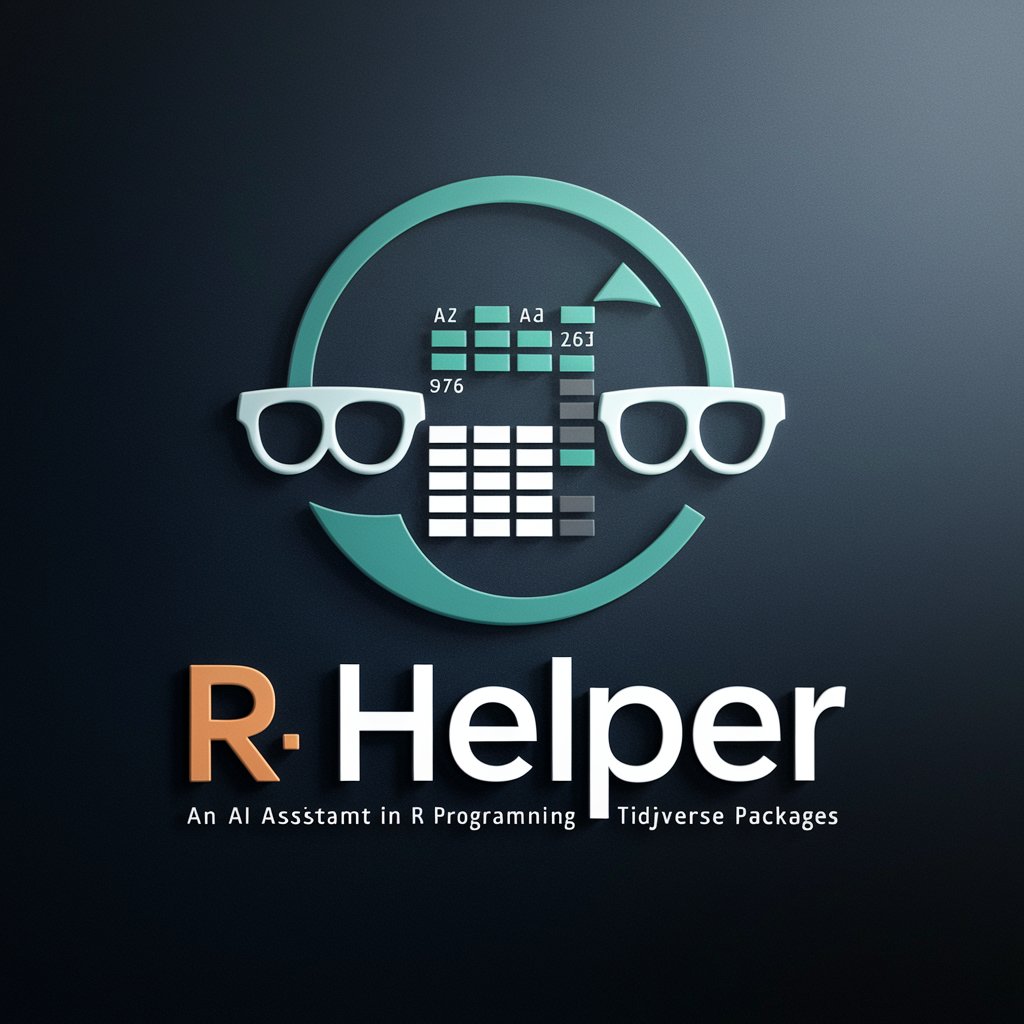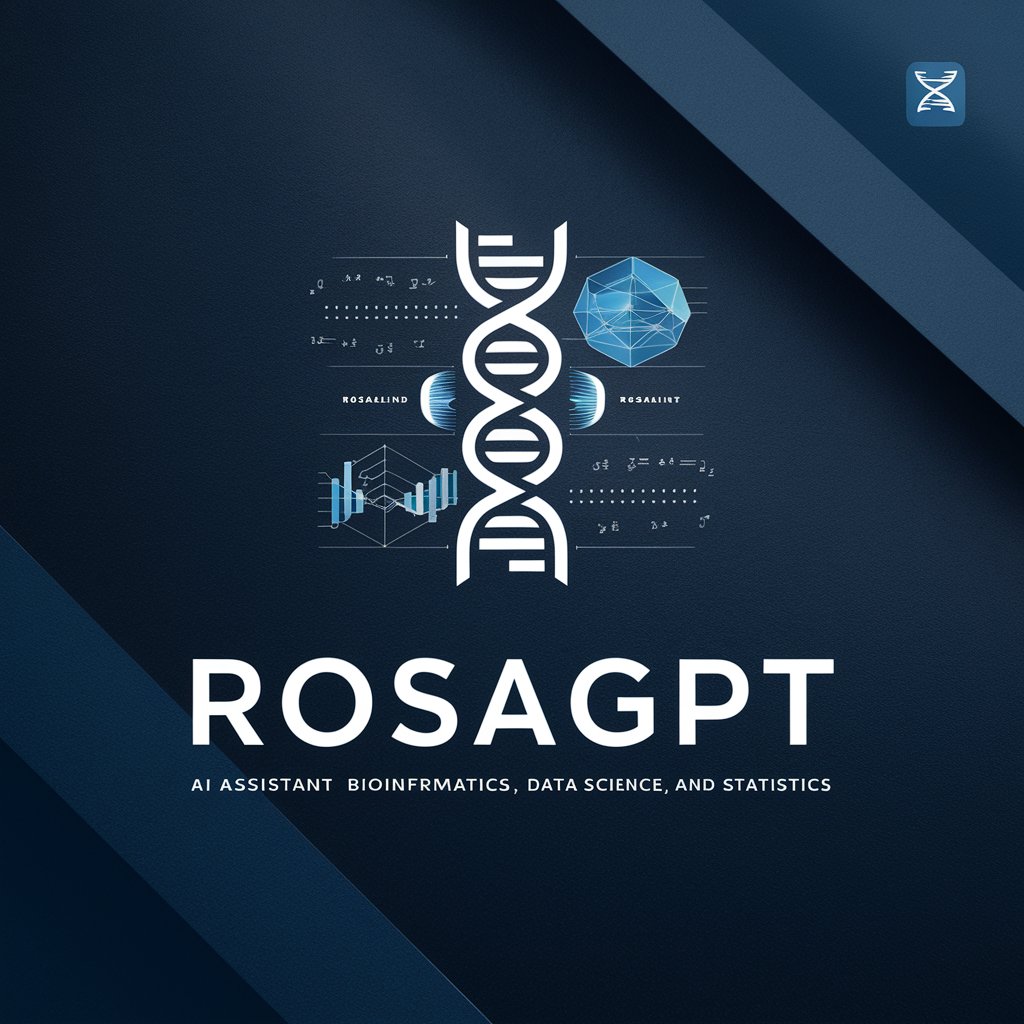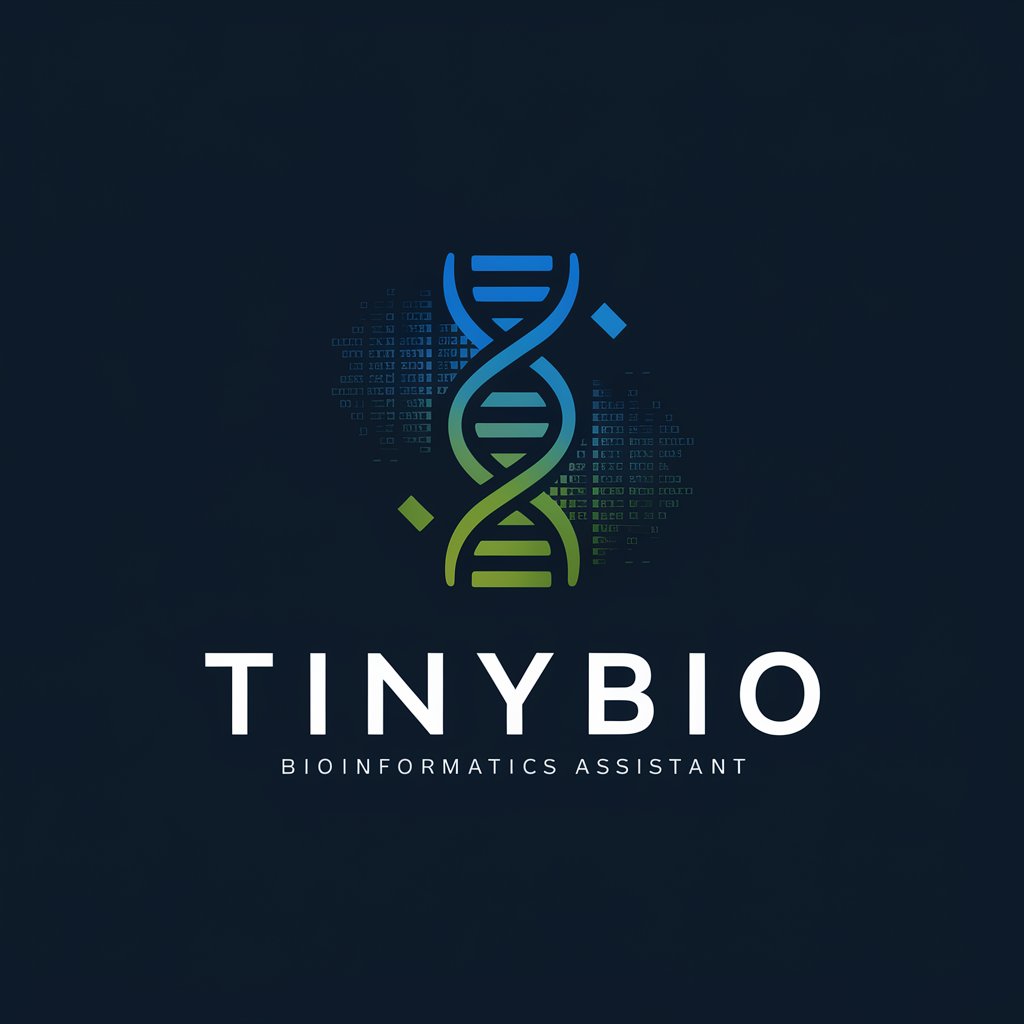
R Bioinfo Solver - R Coding Assistance for Bioinformatics
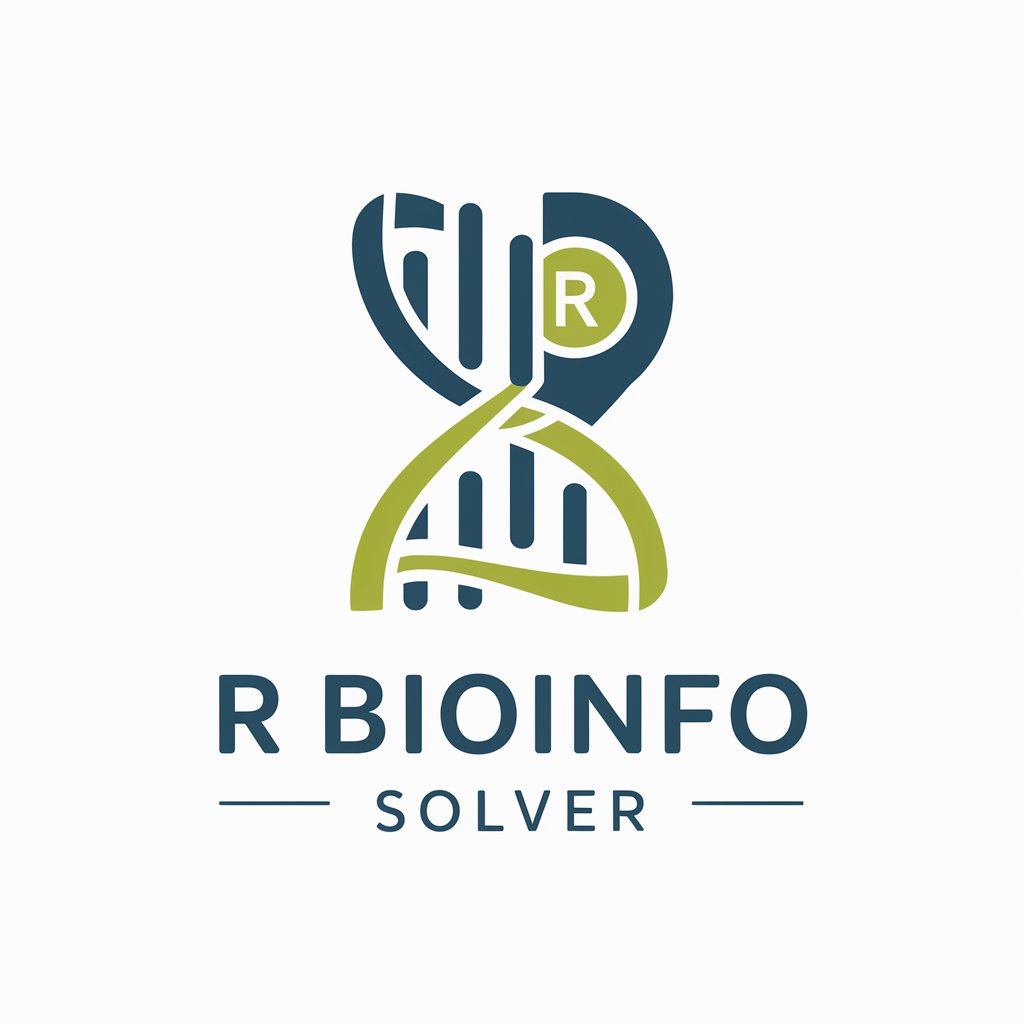
Hello! I'm here to help with your R programming challenges in bioinformatics and biostatistics.
Powering bioinformatics with AI-driven R solutions.
Can you help me troubleshoot this R code for bioinformatics analysis?
I need assistance with statistical modeling in R for my biostatistics project.
Could you provide guidance on visualizing genomic data using R?
How do I perform differential expression analysis with R?
Get Embed Code
Introduction to R Bioinfo Solver
R Bioinfo Solver is designed as a specialized assistant focused on solving problems within the realms of biostatistics and bioinformatics using the R programming language. It aims to provide targeted support for data analysis, statistical modeling, and interpretation of complex biological data. This tool is intended for users who are dealing with genomic data, proteomic analysis, evolutionary studies, and other biological data analyses. An example scenario where R Bioinfo Solver is instrumental could involve analyzing high-throughput sequencing data to identify genetic variations associated with specific diseases. Another example could be the statistical modeling of ecological data to understand the distribution patterns of various species based on environmental factors. Powered by ChatGPT-4o。

Main Functions of R Bioinfo Solver
Data Preprocessing and Quality Control
Example
Using functions like 'read.table' or 'readr::read_csv' for importing data, followed by 'princomp()' for principal component analysis to assess the quality of genomic data.
Scenario
Before conducting any genomic analysis, ensuring the data's quality is crucial. For instance, when working with RNA-Seq data, identifying and filtering out low-quality reads or outliers is essential for accurate downstream analysis.
Statistical Analysis and Modeling
Example
Leveraging 'limma' package for differential expression analysis in gene expression studies or using 'survival' package for survival analysis in clinical trials.
Scenario
In bioinformatics, identifying genes that are differentially expressed between two conditions (e.g., disease vs. healthy) helps in understanding the underlying mechanisms of diseases. Similarly, in biostatistics, survival analysis can be crucial for analyzing time-to-event data in clinical research.
Genomic Data Analysis
Example
Utilizing 'Bioconductor' packages like 'GenomicRanges' to work with genomic intervals and location data, and 'DESeq2' for analyzing differential expression from count data.
Scenario
Analyzing genomic data involves tasks like mapping reads to a reference genome, identifying genetic variants, and quantifying gene expression levels. These analyses are fundamental in understanding genetic contributions to diseases and developing personalized medicine.
Machine Learning for Bioinformatics
Example
Applying 'caret' or 'tidymodels' package for creating predictive models using genomic or proteomic data, such as predicting disease susceptibility based on genetic markers.
Scenario
Machine learning techniques are increasingly used in bioinformatics for tasks such as classifying patients into different risk groups based on their genomic profiles or predicting the outcome of drug treatments.
Ideal Users of R Bioinfo Solver Services
Researchers and Academics
Individuals working in biological research or academia who need to analyze large datasets, such as genomic sequences or clinical trial data. They benefit from R Bioinfo Solver by gaining access to specialized R programming assistance for their complex data analysis needs.
Biotech and Pharmaceutical Companies
Professionals engaged in drug discovery and development, genetic testing, or personalized medicine. They require robust statistical analysis and bioinformatics tools to interpret biological data, making R Bioinfo Solver an essential resource for their R&D efforts.
Data Analysts and Bioinformaticians
Specialists who analyze biological data and need to apply statistical models, machine learning, or data visualization techniques using R. R Bioinfo Solver supports them by offering expert guidance on best practices and advanced analysis techniques in R.

How to Use R Bioinfo Solver
1. Initiate Trial
Visit yeschat.ai to start a free trial, accessible without needing to log in or subscribe to ChatGPT Plus.
2. Identify Your Problem
Clearly define your biostatistics or bioinformatics problem. Having a clear question or goal in mind will help in utilizing R Bioinfo Solver effectively.
3. Prepare Your Data
Ensure your data is organized and ready for analysis. This might involve formatting your data in a specific structure or ensuring it is clean and free from errors.
4. Engage with R Bioinfo Solver
Provide a detailed description of your problem, including any specific R functions or packages you are having issues with, or ask for guidance on how to approach your analysis.
5. Apply Solutions and Iterate
Apply the solutions provided by R Bioinfo Solver to your problem. If issues persist or new questions arise, continue the dialogue for further assistance.
Try other advanced and practical GPTs
のSora゜
AI-powered conversational tool for versatile tasks

CreateIn AI Video Story (VideoGPT, AI movie film)
Transform stories into videos effortlessly.

VideoGPT
Summarize. Learn. Engage.
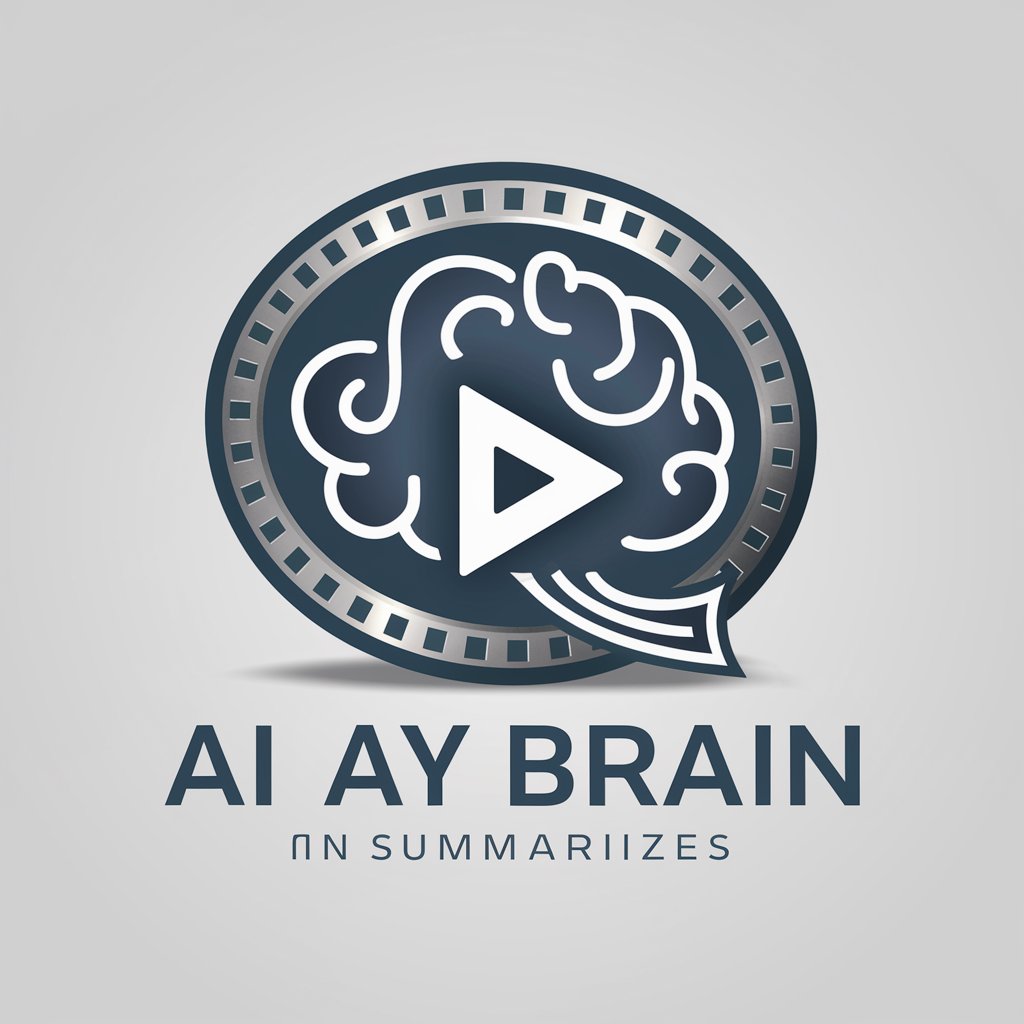
videoGPT by Vozo
Inspiring Creativity, Simplifying Video Making

VideoGPT
Empowering Your Storytelling with AI

Writing Helper
Empower Your Words with AI

R Language Assistant
Empowering R coding with AI assistance
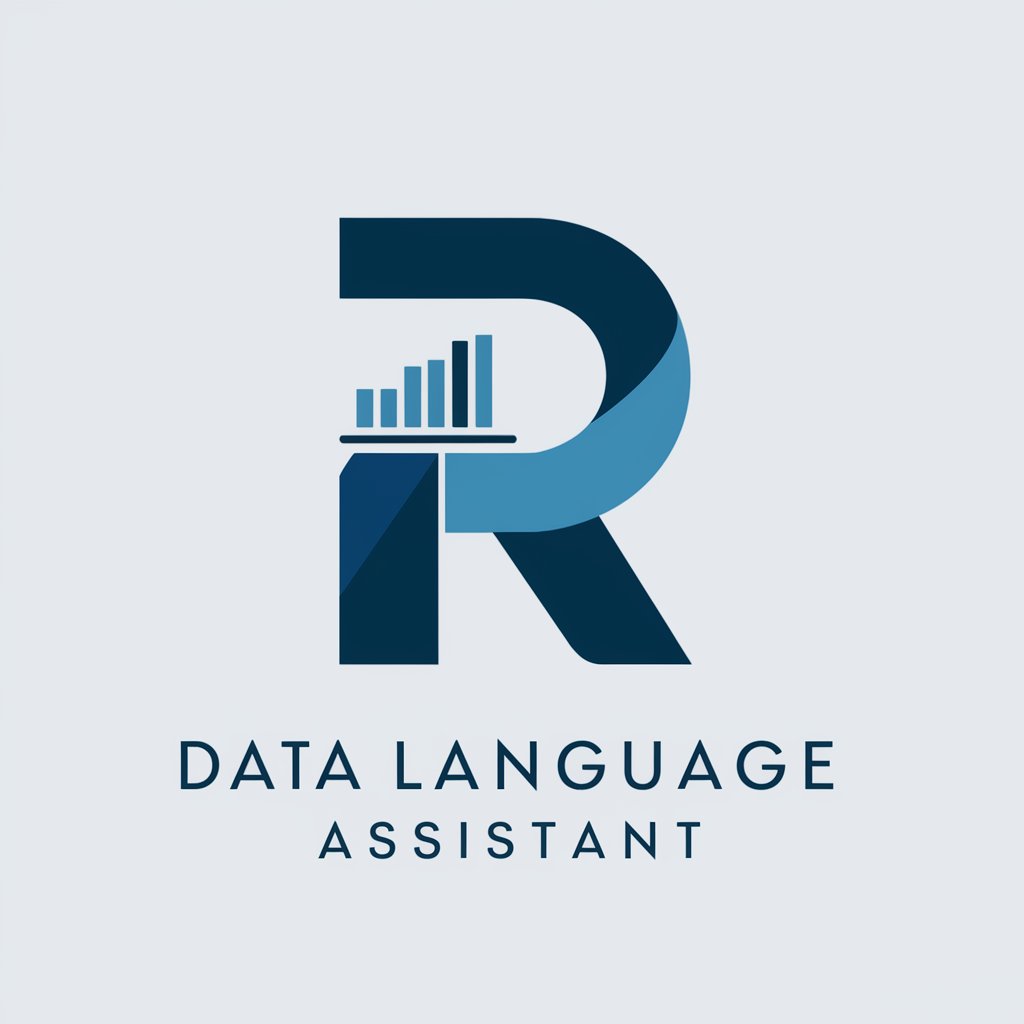
Quality Calibration
Streamlining Calibration with AI
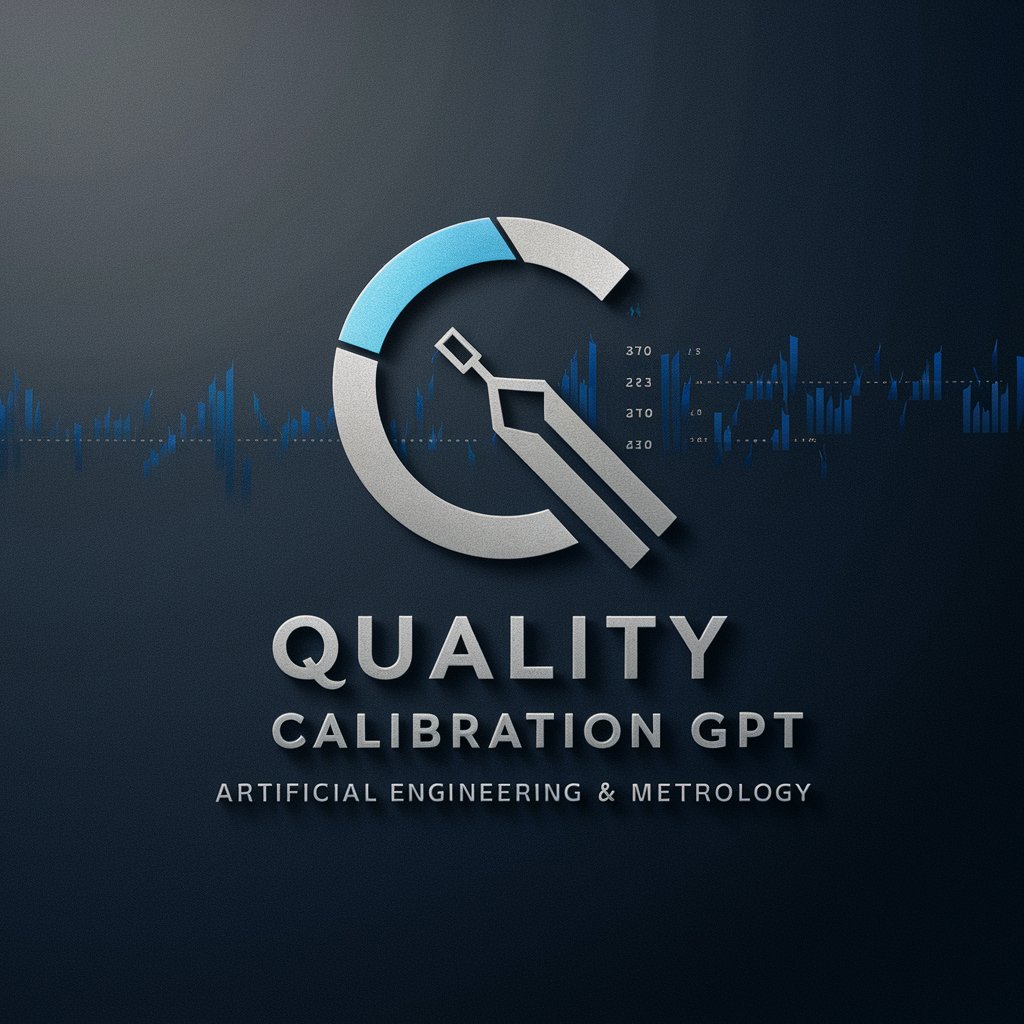
超添削
Elevate Your Text with AI Precision

英文添削コーチ
Empower your English with AI

文書添削アプリ
Revolutionize Your Writing with AI-Powered Editing

文章添削 Bot
Enhancing Japanese Texts with AI

Frequently Asked Questions about R Bioinfo Solver
What types of problems can R Bioinfo Solver help me with?
R Bioinfo Solver specializes in solving problems related to biostatistics and bioinformatics, including data analysis, visualization, genomic data interpretation, and statistical modeling using R.
Do I need advanced R programming skills to use R Bioinfo Solver?
While having some foundational knowledge of R can be helpful, R Bioinfo Solver is designed to assist users at various skill levels, from beginners to advanced practitioners, in navigating complex bioinformatics challenges.
Can R Bioinfo Solver help with specific R packages or libraries?
Yes, R Bioinfo Solver can provide assistance with a wide range of R packages and libraries, especially those commonly used in biostatistics and bioinformatics, such as Bioconductor, ggplot2, and dplyr.
Is R Bioinfo Solver capable of helping with data interpretation?
Absolutely. In addition to coding assistance, R Bioinfo Solver can offer guidance on interpreting the results of your analyses, helping you understand the biological or statistical significance of your findings.
How can I optimize my experience with R Bioinfo Solver?
For the best experience, clearly articulate your problem, provide any relevant code snippets or data (while ensuring privacy), and specify the outcome you're aiming for. This helps in providing targeted, effective solutions.
